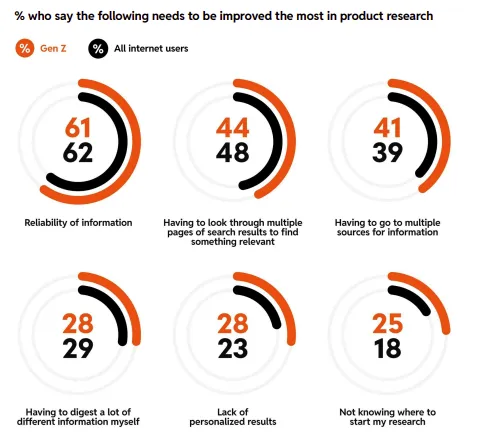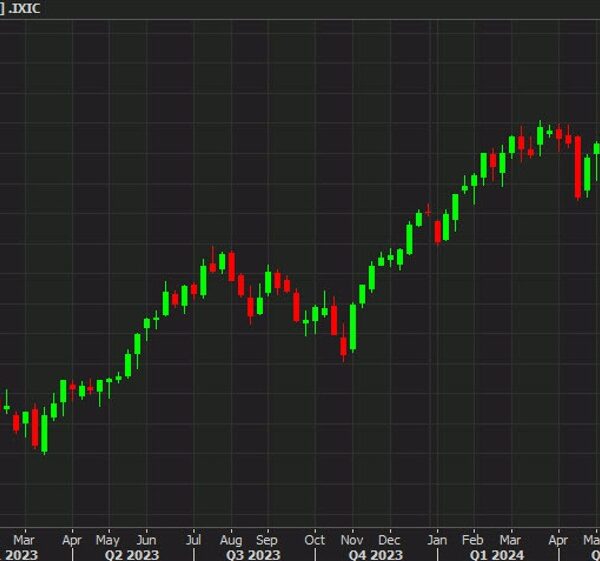

Elon Musk‘s latest plot to access your wallet involves—quite literally—becoming one. New details have emerged of Musk’s plans to launch the payments network “X Payments” later this year, according to 350 pages of documents and emails related to money transmitter licenses, submitted to regulators in 11 states, obtained by Bloomberg.
But despite Musk’s reputation as Big Tech’s closest cryptocurrency ally, Crypto Twitter enthusiasts won’t be able to store their digital assets in an X wallet. The company told regulators in Maine this year that it has no plan to let users send and receive virtual currencies, Bloomberg reported. Social media platforms have historically had a tough time incorporating crypto—in 2019, Facebook announced plans to launch the Diem stablecoin, but was shut down by regulators within a year of its pilot.
Musk took over the social media platform formerly known as Twitter in late 2022, as the company’s finances were ailing. Since then, the Tesla founder has been exploring new avenues for monetization, embarking on a crusade to evolve X into “an everything app.”
The documents obtained by Bloomberg reveal plans to include a feature that allows users to store money on their X accounts, pay other users or businesses, and purchase goods and services in physical stores, thus evolving beyond even the likes of Venmo. X Payments has been approved for money transmitter licenses in 28 states, according to the company’s website, but it is seeking to be licensed in all 50. The company anticipates a multiyear process to get the necessary permits to operate nationwide, according to the documents, which also noted that X also has plans to secure permission for international money transfers.
Buying Twitter is an accelerant to creating X, the everything app
— Elon Musk (@elonmusk) October 4, 2022
Musk wants to emulate the success of WeChat, China’s “super app” that merges social media, messaging, and payments into a single platform, accumulating over 1.3 billion active users as of December 2023. Vocalizing these ambitions during a call with employees last October, Musk said, “When I say payments, I actually mean someone’s entire financial life,” according to audio of the meeting obtained by The Verge. “If it involves money. It’ll be on our platform. Money or securities or whatever. So, it’s not just like send $20 to my friend. I’m talking about, like, you won’t need a bank account.”
Western social media platforms have been wanting to move into payments for a long time, Boaz Sobrado, a fintech analyst, told Fortune in a note. “Social media platforms are predominantly advertising platforms from a business perspective. And advertisers desperately need transaction data: who buys what, when, and why. This is what fuels the machine learning models that digital marketing depends on,” Sobrado explained. Vice versa, payments companies have been attempting to encroach into the advertising space, he added. For example, just weeks ago, PayPal announced the creation of an ad network that allows merchants and brands to target its 400 million users with personalized promotions and ads based on their transactions.
‘It makes sense’
“Regulation and ‘privacy’ policy from the likes of Apple has made it difficult for advertisers to get the data they need,” Sobrado explained. “So now advertisers turn to financial companies. Consequently, it makes sense for X to turn into a financial services company.”
While X likely would charge negligible fees for the payment services, the company told regulators it wants to position payments as a way to increase revenue through overall “increased participation and engagement” on the app. Musk has previously voiced that X must diversify revenue beyond advertising: For years, ads made up 90% of Twitter’s revenue, but plunged by 59% last year, the New York Times reported. The new documents also highlight X’s woes since Musk took over: The company generated $1.48 billion in revenue in the first six months of 2023, down almost 40% year over year, and it lost $456 million in the first quarter of 2023.
However, Philip Benton, a fintech analyst at Omdia, told Fortune he’s skeptical that there will be an appetite for using X for payments. The super-app concept hasn’t taken off in developed markets because of the choice consumers have to utilize financial services from a range of market players, he said. It will be “difficult for consumers to change their payments habits” without “serious incentives” to lure them away from Venmo or PayPal, Benton added.
But as traditional banking services subside, the digital wallet race “truly is a winner-take-most opportunity,” Cathie Wood, CEO of investment management firm ARK Invest, said in conversation with Coinbase CEO Brian Armstrong at the company’s State of Crypto Summit last week. Whoever monopolizes the wallet market stands to wield significant power in the financial sector, she said. The services offered by these fintech companies are fast usurping traditional banking. According to Worldpay’s Global Payments 2024 report, digital wallets accounted for half of all e-commerce transaction value last year. For example, U.K.-based Revolut, a “neobank”—which means a financial services company that offers online banking but without physical branches—has positioned itself as the financial super app, opting for the wording: “all-in-one finance app.”















